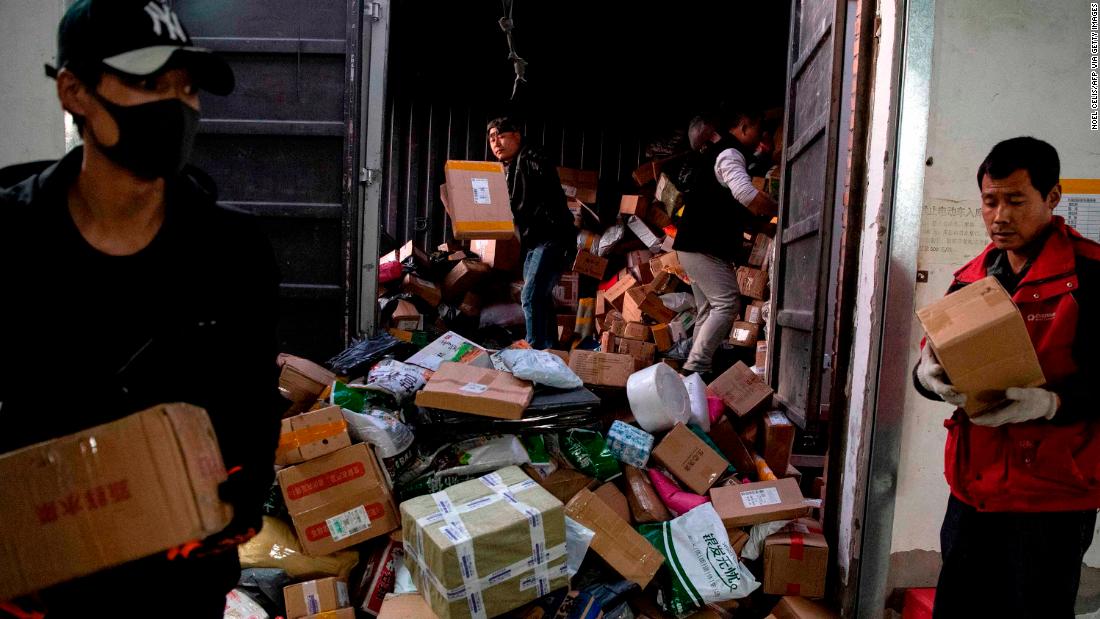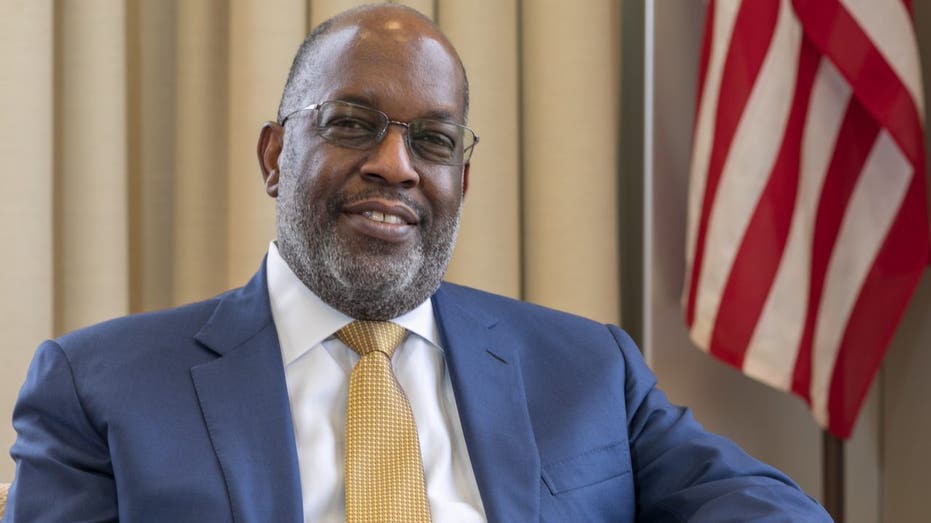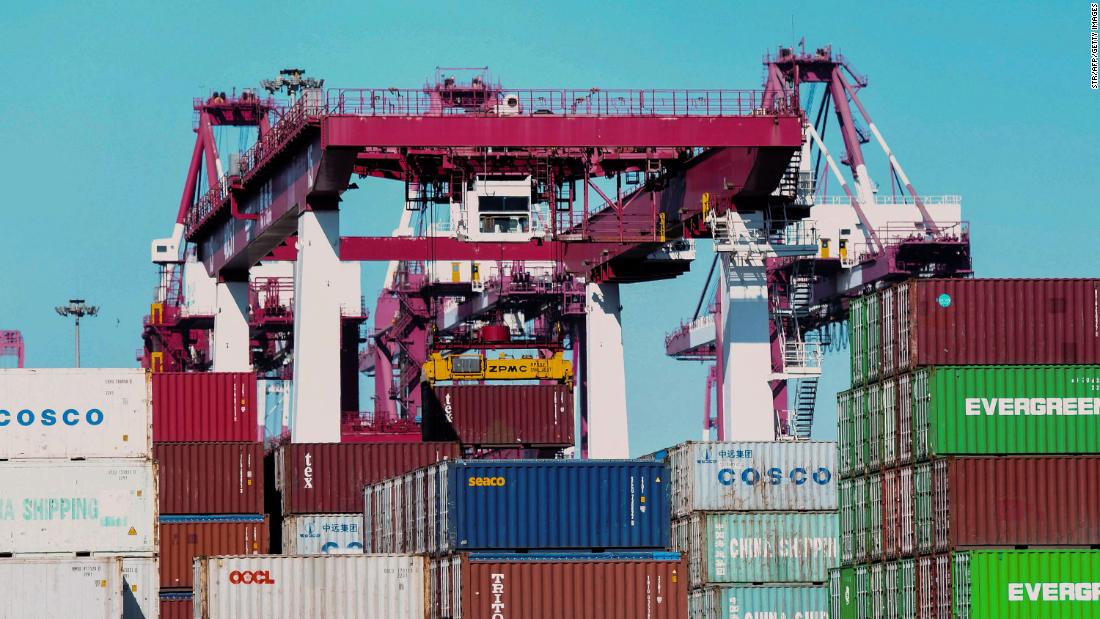
The planet’s biggest shopping day is upon us, and Alibaba, the Chinese e-commerce behemoth, is poised again to show the world how many mountains of stuff it can persuade people to buy in the 24 hours of Nov. 11, also known as Singles Day. Last year, more than $30 billion worth of merchandise was sold on Alibaba’s platforms, by the company’s own count, making Black Friday look like a yard sale.
On Monday, sales volume had already surpassed the 2018 total by late afternoon, Alibaba declared.
The eye-popping numbers, which Alibaba manages to make even more eye-popping year after year, reflect the changing times since the company invented the retail event a decade ago.
China has grown richer and more digitally connected. Alibaba has become a technology powerhouse — a sprawling, sector-straddling colossus no less ambitious than Amazon or Alphabet. Along the way, the company has made a few famous friends. Its live-streamed evening gala in Shanghai on Sunday featured the singer Taylor Swift.
Eminences who have graced the Singles Day stage in previous years include the model Miranda Kerr and the actors Nicole Kidman and Daniel Craig.
Ms. Swift’s presence this year was its own indicator of the times. Despite the tariff war with the United States and Beijing’s willingness to punish foreign brands that do not bend to the views of the Communist Party, Singles Day shows that the world still wants to come to China, at least when giant buckets of money are involved.
The buckets may not be so giant forever. The Chinese economy is not exactly going great guns. Washington and Beijing have entered a new age of competition and distrust.
The big numbers that Alibaba likes to show off on Singles Day are not a perfect gauge of how all this might be affecting middle-class China’s appetite for retail therapy.
The company reports something called gross merchandise volume, which is meant to represent the total value of orders on its platforms. But there is no standardized way of measuring it, and Alibaba’s Nov. 11 figures are not audited. The company’s Singles Day accounting has previously attracted the scrutiny of financial regulators in the United States, where Alibaba’s shares are listed.
Wang Shuting, a designer in Shanghai who is in her early 30s, said American brands such as Patagonia and North Face had lost none of their appeal since things became tense between her country and the United States. The whole trade war thing? It feels pointless, she said.
“China has China’s advantages, and the U.S. has the U.S.’s advantages,” Ms. Wang said. “There’s no need for both sides to lose.”
Alibaba executives sound confident that Chinese shoppers will continue spending merrily. The company has certainly worked hard to ensure that they keep spending with Alibaba, and not somewhere else. Alibaba now calls itself a data and technology company, one that provides digital tools to help the businesses on its platforms. That, in turn, leads consumers to look to those platforms for their every need, from shopping and services to entertainment and travel.
Alibaba’s sheer bigness is another change. In 2009, two weeks before the company held its first Nov. 11 shopping festival, Jack Ma, who was its chief executive at the time, wrote an op-ed piece in The International Herald Tribune in which he predicted that the internet would soon allow small businesses to compete head-to-head with giant corporations. Alibaba’s platforms were helping to bring this about, Mr. Ma wrote.
Today, Alibaba is itself a giant corporation, and it wants to grow bigger still.
The headline on Mr. Ma’s article: “Small Is Beautiful.”
Wang Yiwei contributed research.
https://www.nytimes.com/2019/11/11/technology/alibaba-singles-day.html
2019-11-11 11:45:00Z
CAIiEJCL3BYYgpUw4DLZH7BSgsAqFwgEKg8IACoHCAowjuuKAzCWrzww9oAY






